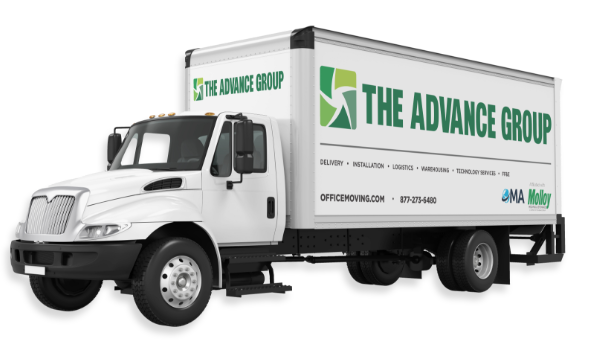Legal and Compliance Considerations: Ensuring a Smooth Transition

In the fast-paced world of business, transitions are inevitable. Whether expanding to new premises or relocating your entire operation, the process involves meticulous planning and execution. However, the move itself is only part of what you must navigate—legal and compliance issues can also arise.
Amidst the flurry of must-dos and tasks, it’s crucial to recognize legal and compliance considerations that can come up along the way related to relocating your business. Ensuring a smooth transition involves navigating various legal obligations and ensuring compliance every step of the way.
Updating Business Licenses and Registrations
One of the primary legal considerations when relocating your business is updating licenses and registrations. Your business licenses may need to be transferred or canceled at the existing address. Each jurisdiction has its requirements, and failing to comply can lead to penalties or disruptions in operations.
To streamline this process:
- Research the requirements: Identify the licenses and registrations in your new location well before moving.
- Initiate the transfer process: Initiate the paperwork for transferring existing licenses or obtaining new ones once you finalize the relocation plans.
- Stay organized: Monitor deadlines and requirements to ensure a seamless transition without any lapses in compliance.
Complying with Lease Agreement Terms
Lease agreements are binding contracts that outline the terms and conditions of renting commercial space. When relocating, you must review your current lease agreement and adhere to its terms to avoid legal disputes. Here’s how to navigate this aspect effectively:
- Review the lease agreement: Thoroughly examine the terms of termination, notice periods, and any obligations upon vacating the premises.
- Communicate with the commercial property owner: Inform the owner about the relocation plans and discuss the terms for ending the lease agreement early or transferring it to a new tenant.
- Document everything: Keep records of all communication and agreements with the property owner to mitigate potential disputes in the future.
Addressing Legal Obligations Related to Employee Relocation
Employee relocation entails various legal considerations, especially concerning employment contracts, immigration laws, and tax implications. To ensure a good transition for your employees:
- Review employment contracts: Check for relocation-related clauses, such as reimbursement policies or obligations upon termination.
- Navigate immigration requirements: If relocating internationally, ensure compliance with immigration laws and assist employees with visa applications or work permits.
- Consider tax implications: Understand the tax implications for the company and employees in the new location and provide necessary guidance or assistance to your staff.
Knowing the many legal considerations involved in commercial relocation will help you navigate the requirements of moving your business. In addition to being aware of the broader legal, having an attorney review documents is crucial to staying inside the legal and contractual lines. Whether staff or retained council, ensure your legal bases are covered.
Leave Moving to Us So You Can Focus on the Rest
Entrusting the moving process to a professional team can alleviate a significant burden when your business is facing relocation. By delegating the logistics to experts, you can concentrate on other critical aspects of the transition, such as business continuity and client relationships. If you are ready to start planning your commercial move, contact our team to get started.








